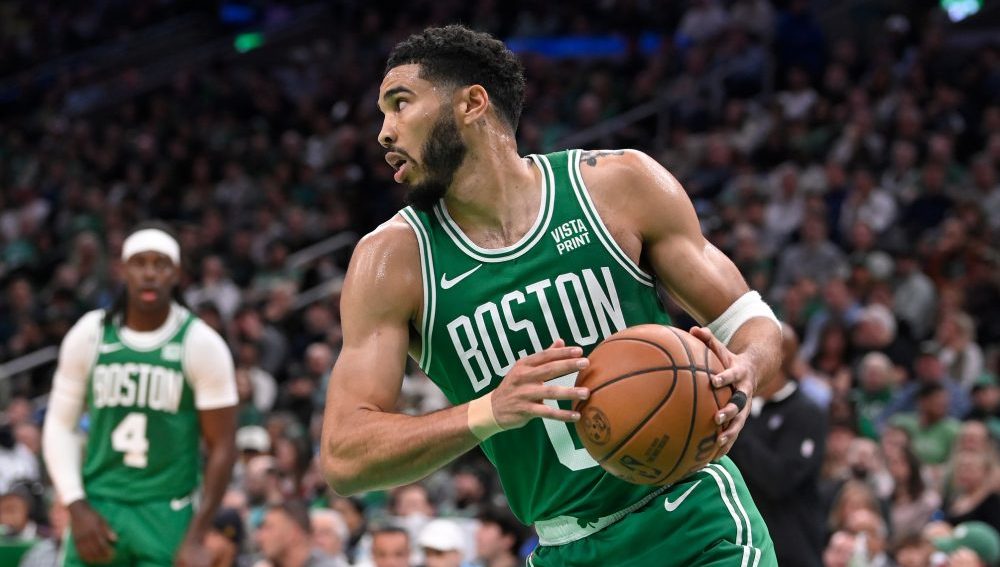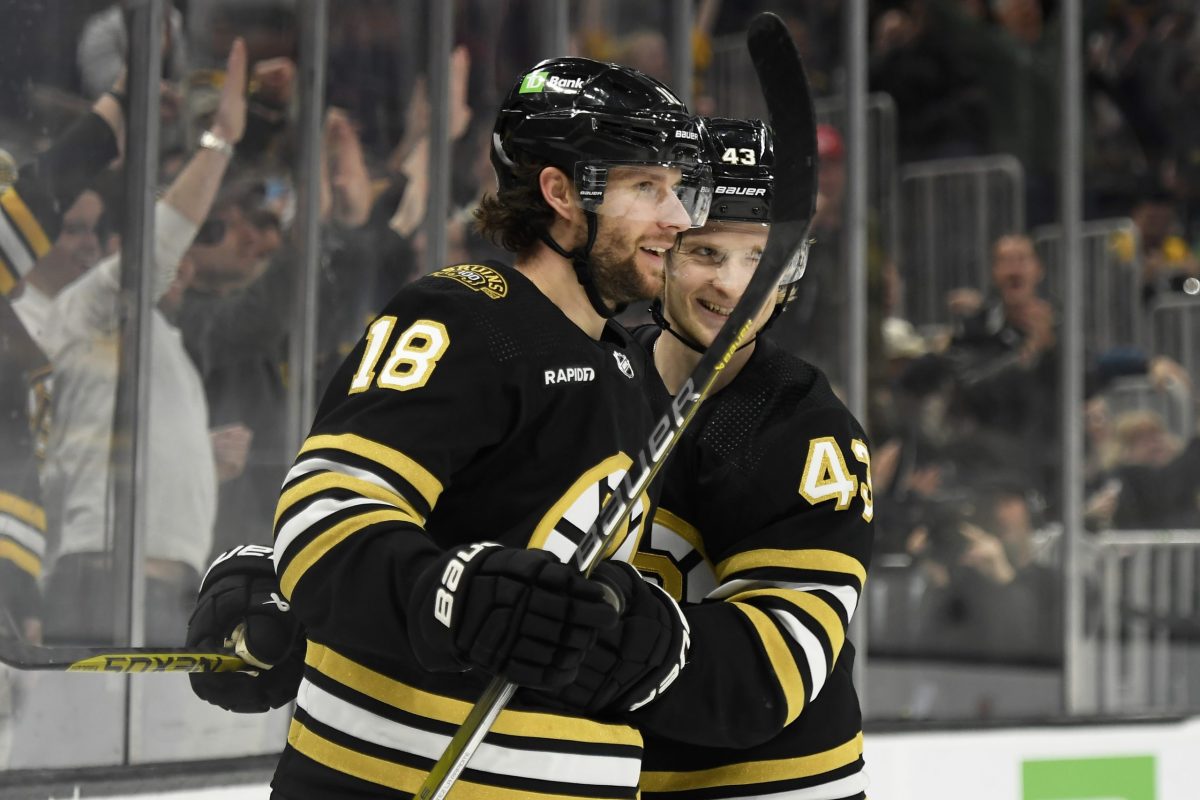It’s almost March and less than three weeks to Selection Sunday, which means it’s peak season for bracketologists both professional and amateur.
ESPN’s Joe Lunardi is the founding father of this community in many ways, and he certainly has the largest platform. Lunardi comes in 55th in the Bracket Matrix’s 5-year running ranking of how accurate bracket projectionists are when it comes to nailing the 68-team field and the seeding of teams. In an interview he gave Blair Kerkhoff of the Kansas City Star last week, Lunardi credited himself, in part, for the entire bracket projection industry:
Lunardi’s greatest contribution to the process might be enlightening the masses. Entering Wednesday’s game, his last mock bracket projected Baylor, Kansas, Gonzaga and San Diego State as No. 1 seeds; Wichita State among the last four with a bye, 10 in from the Big Ten and Georgetown among the last four in.
And many who follow college basketball have some idea how Lunardi reached those conclusions.
“People are way more educated,” Lunardi said. “I will take some of the credit for that. In part because of the existence of bracketology but also because probably done 5,000 interviews and explained it to (reporters).”
There’s certainly no doubting that Lunardi was at the forefront, and he’s certainly always enjoyed the most eyeballs (and along with that the most scrutiny) on his work. Though it also means he’s been able to actually carve out a full-time career doing this at ESPN, which is kind of astounding! It’s hard to imagine a better job to have, although according to that same interview, Lunardi has certainly spent time imagining one. It would involve doing a lot less TV.
”I’ve said this to my bosses in Bristol, I think I would probably be more accurate if I did more study and less TV. They very nicely said, we really, really respect your desire to be accurate but it’s great television and it’s perfect content and your content is, you know, people think it’s pretty good. So I’ve developed ways to try to be as accurate in 10 minutes as I might be in 10 hours because nothing is worse than having to walk something back. I’ve done it from time to time.”
It’s probably best for the sport of college basketball that ESPN requires Joe to do all of the pesky attendant content creation rather than spend ten hours per day diving into the deep end of bracketology. Surely, with that much time to explore the sacred texts of the library’s restricted section, his projections would be so accurate as to render the regular season even less relevant than it already is.







